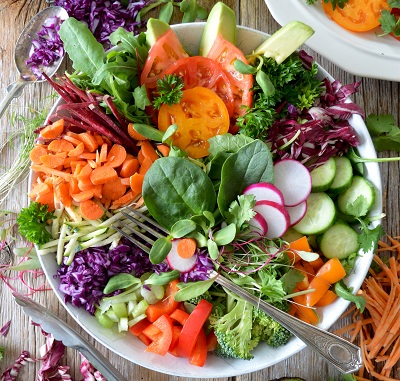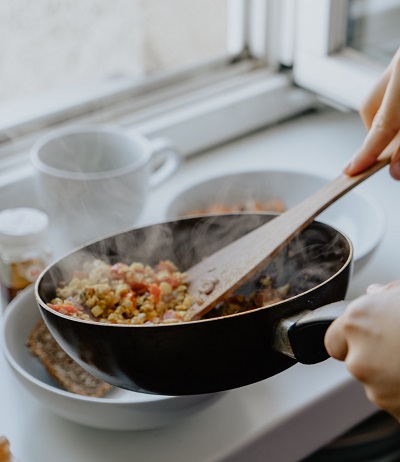Podcast Episode 23 – Making Simple Food Choices (Part 3 of 3)
Photo by Nadine Primeau on Unsplash (Colorful Salad) Today we complete the discussion of the 15 helpful hints from the pure food chapter in Stormie Omartian’s book “Greater Health God’s Way”. Today’s hints 11-15. See below for the full list. We want to come alongside you, as well, as we all continue moving toward a […]
Continue Reading
